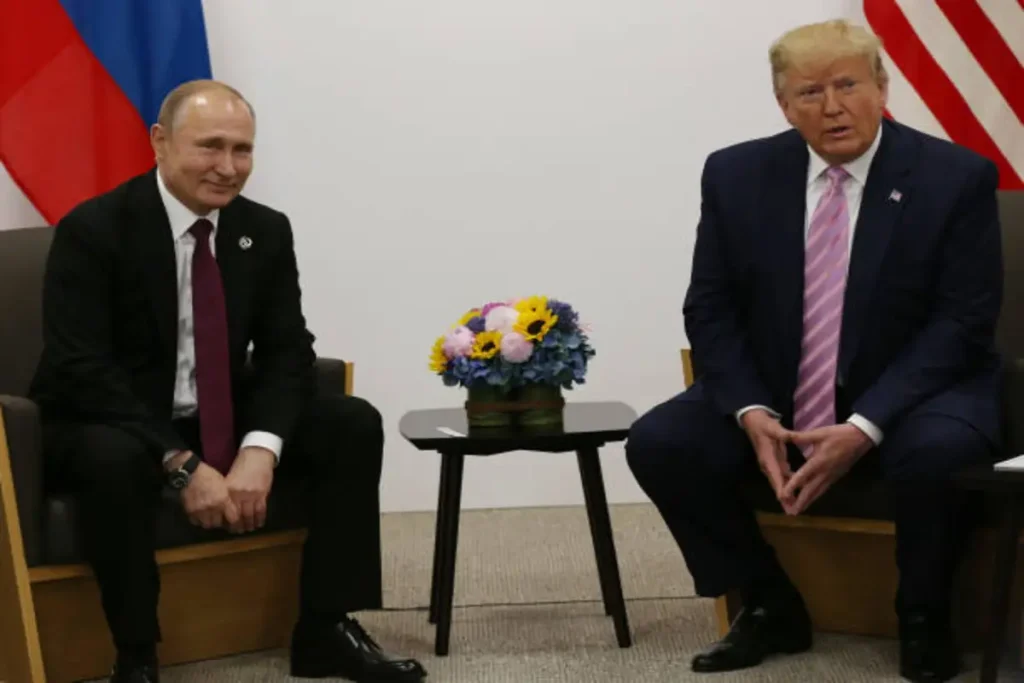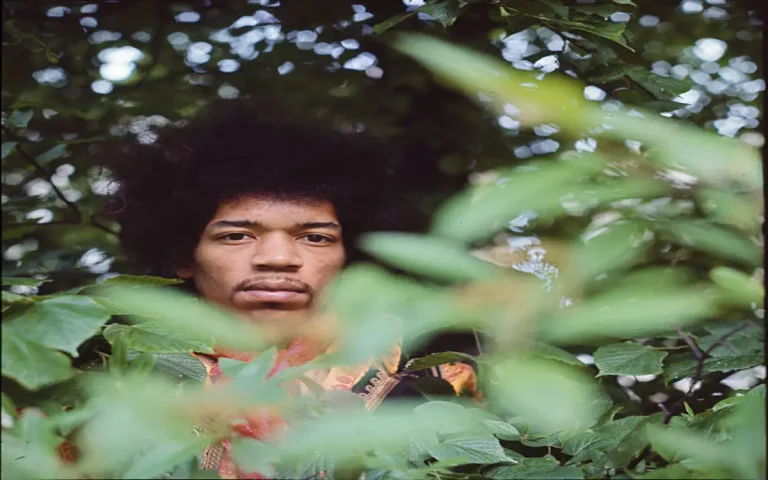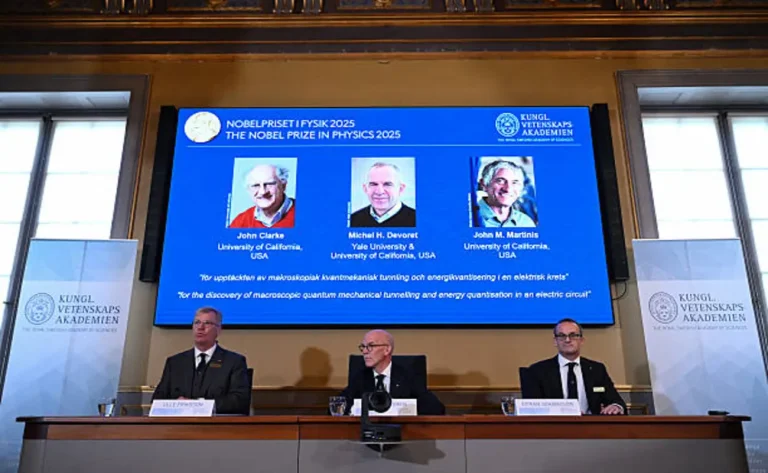
Vladimir Putin attends the G20 Osaka Summit, where he is scheduled to meet U.S. President Donald Trump. Mikhail Svetlov/Getty Images
Summit Diplomacy Focused on Ukraine Conflict Resolution
The planned meeting will be the first between sitting U.S. and Russian presidents since Joe Biden met with Putin in Geneva in 2021. With the war in Ukraine entering its fourth year, three previous rounds of direct talks between Moscow and Kyiv have failed to produce meaningful progress toward a ceasefire.
The upcoming summit signals a renewed attempt to bridge that divide through high-level engagement.
Trump, who has positioned himself as a possible mediator in the conflict, has repeatedly emphasized the need for direct talks. His recent engagement with Russian officials, including a round of informal discussions led by his envoy Steve Witkoff, laid the groundwork for what the Kremlin described as constructive dialogue.
Proposed Agenda and Venue Speculation
While the specific location of the summit has not been publicly disclosed, several diplomats familiar with the discussions suggest a neutral venue in the Middle East is under consideration.
Earlier this year, informal talks between U.S. and Russian officials took place in Riyadh, though Ukraine was not directly involved in that process.
In contrast to the Kremlin’s unilateral announcement, the U.S. side has remained cautious, indicating that while preliminary arrangements are underway, the full scope of the meeting remains to be finalized.
However, conditions for Ukrainian participation have yet to be met, according to Russian officials, further complicating efforts for a broader diplomatic framework.
International Reactions and Diplomatic Implications
The announcement has generated mixed responses across Europe and within Ukraine. While some analysts see the summit as a potential breakthrough, others warn that sidelining Ukraine from the core of negotiations could undermine long-term peace efforts.
Ukrainian President Volodymyr Zelenskyy has previously stated he is open to a direct meeting with Putin, but only under circumstances that guarantee Ukraine’s sovereignty and security.
In Washington, the response from lawmakers has been cautious. While diplomatic engagement is generally welcomed, there are concerns about the implications of holding talks without preconditions.
Congressional voices from both parties have emphasized the importance of maintaining pressure on Moscow and ensuring that any agreement upholds international norms.
Next Steps in the Summit Diplomacy Process
According to Kremlin spokesperson Dmitry Peskov, the meeting will require significant preparation to ensure it leads to “concrete and practical” outcomes.
Analysts say the success of this round of summit diplomacy will likely depend on the clarity of its agenda and the inclusion of tangible commitments, particularly regarding a ceasefire mechanism in Ukraine.
Also Read: Col Joye, Australian Rock Pioneer, Dies Aged 89
As both leaders prepare for what could be a pivotal moment in the war’s trajectory, attention now turns to whether the meeting can open a new path toward resolution—or simply reflect political positioning amid a deepening conflict.

